When Apple releases iOS 17.4, it will be a major update for the supported iPhones we use across the EU (yes, others are "unlucky"). The company has published what the world will look like without Apple's walls, only with such smaller fences, one could say. But even those can bother the EU, and in the end we can expect many more changes.
In an ideal world for Apple, nothing would happen and it would function as it has until now. But when a rather small computer manufacturer has become the world leader in the sale of smartphones, it must be regulated - at least that's the EU's view. But it's true that she sews her whip called the Digital Markets Act on everyone, whether it's Apple or Google or anyone else. But the first mentioned resists it much more than is necessary in "open" Android.
Everything wrong?
So Apple studied the law and bent it according to its needs so that it probably fully complied with it (according to its interpretation), but at the same time bound everything and everyone as much as possible. However, he did not consult with anyone about the resulting modifications that he will bring with iOS 17.4, so he simply invented and presented them without giving a preview of them to some regulator from the EU who could assess whether it is ok or "not ok".
It could be interest you

It simply means that Apple just thinks its changes will get away with being enough for now. But as they say, to think is to know. The result can be, and certainly will be, that once the EU issues the law, which will be on March 7, 2024, it will take Apple's news under the "carpet" for proper review. And what kind of report card will he get?
He will probably fail and have to repeat. Developers criticized Apple almost immediately after the changes were published, saying that its news did not actually meet what the new Act on Digital Markets was supposed to bring. By the way, this means they are free to decide whether they want to distribute their apps and games in the App Store or outside of it. This is simply because even if they release the app, they still have to give Apple €0,50 for every download over one million. Now imagine that you release a simple freemium game that gets installed by two million people and doesn't spend a penny on it. That really makes sense.
In addition, Reuters obtained a statement from Thierry Breton, the European Commissioner for Internal Trade, who said the EU would show no mercy when breaking the law. It is already so certain that Apple will stumble and it is only a question of how much it will cost and what else will have to change.
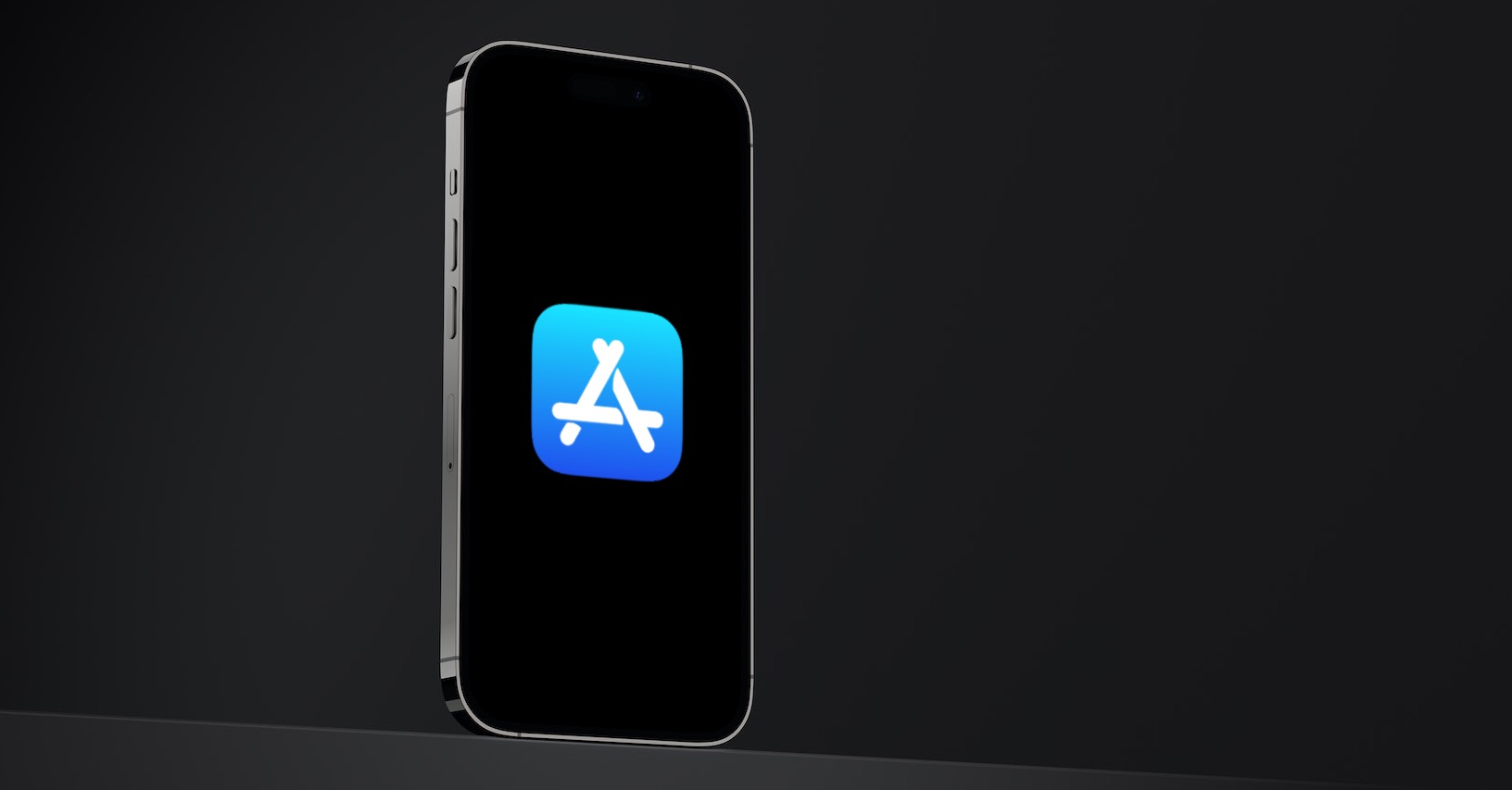
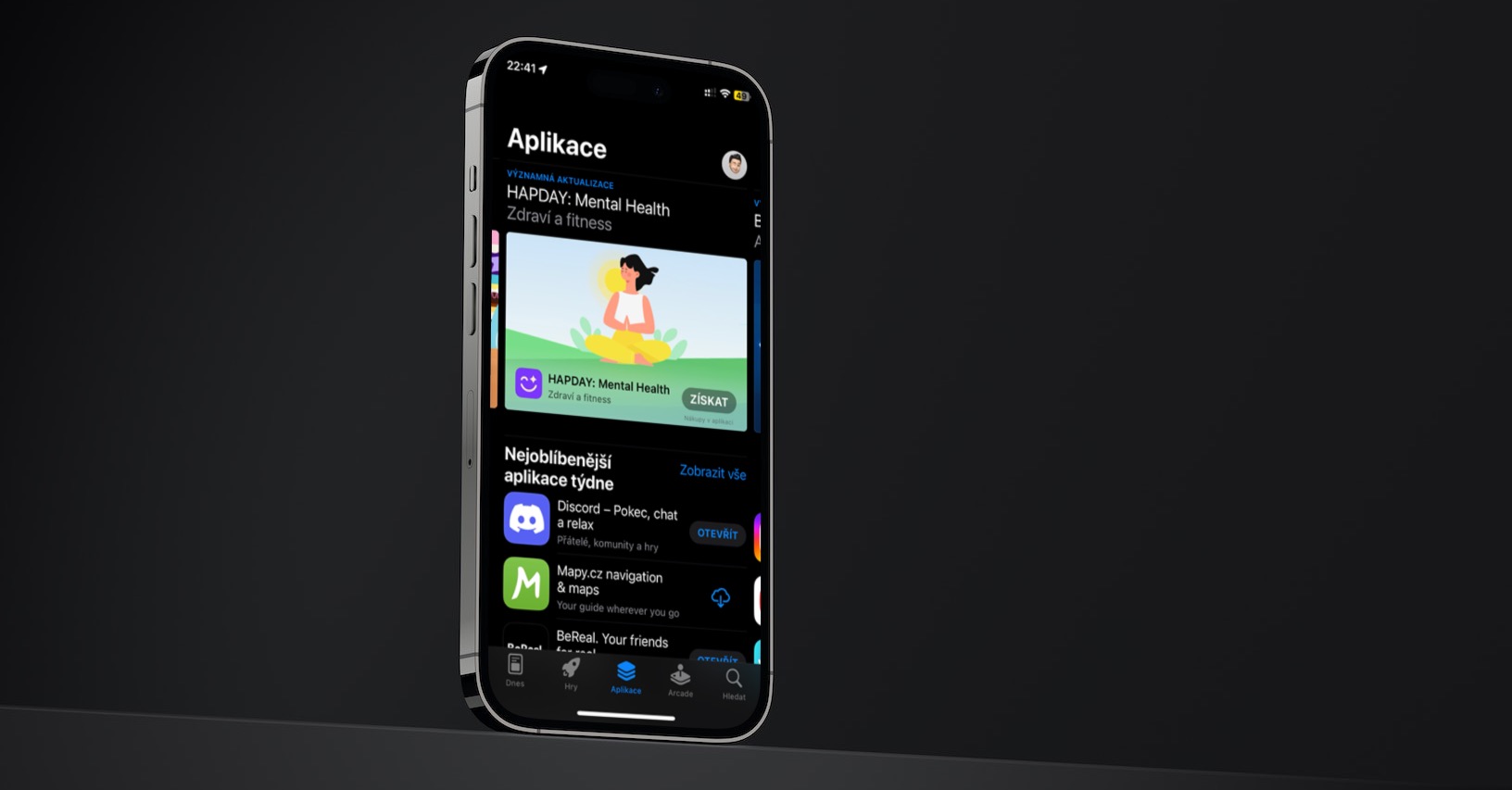
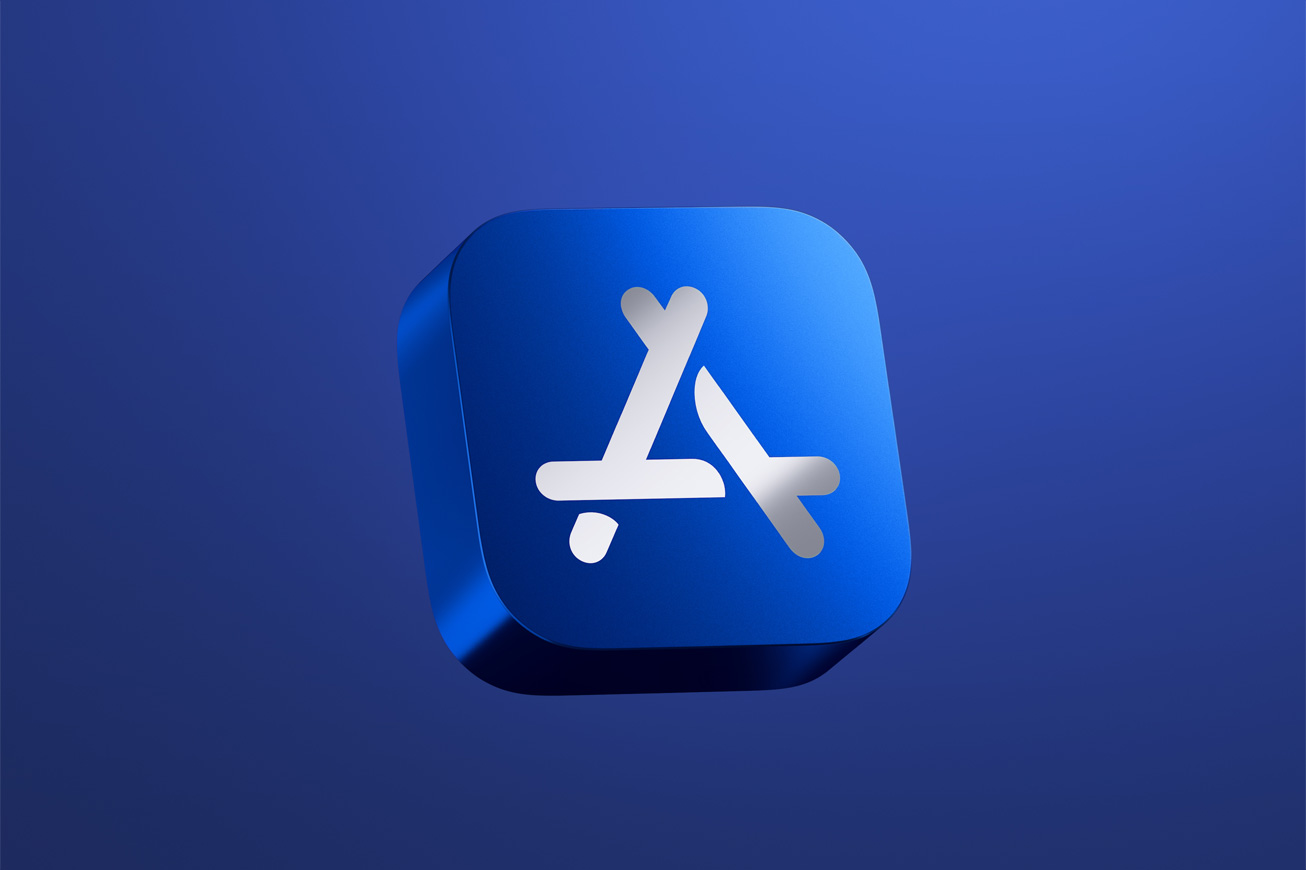

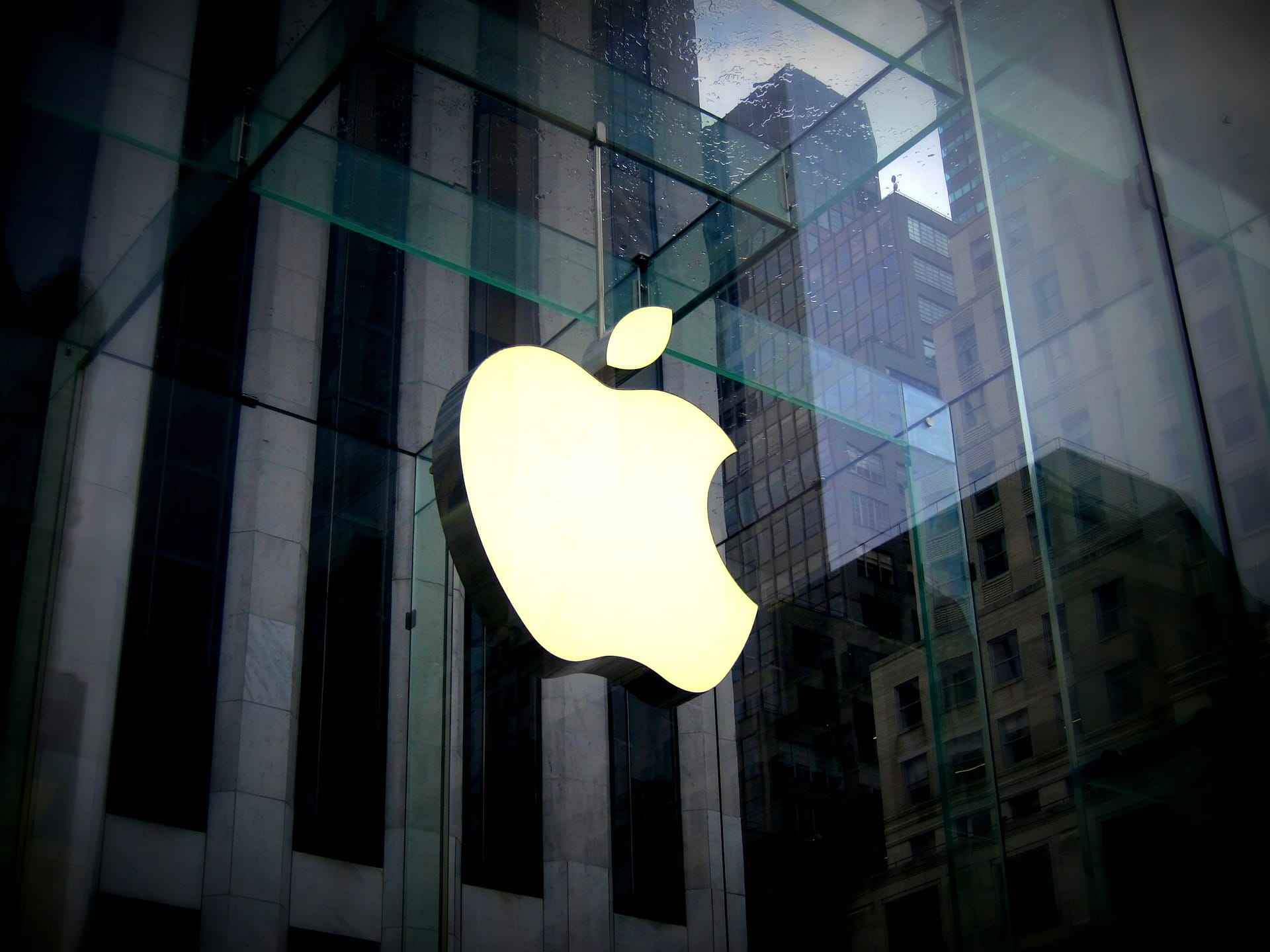

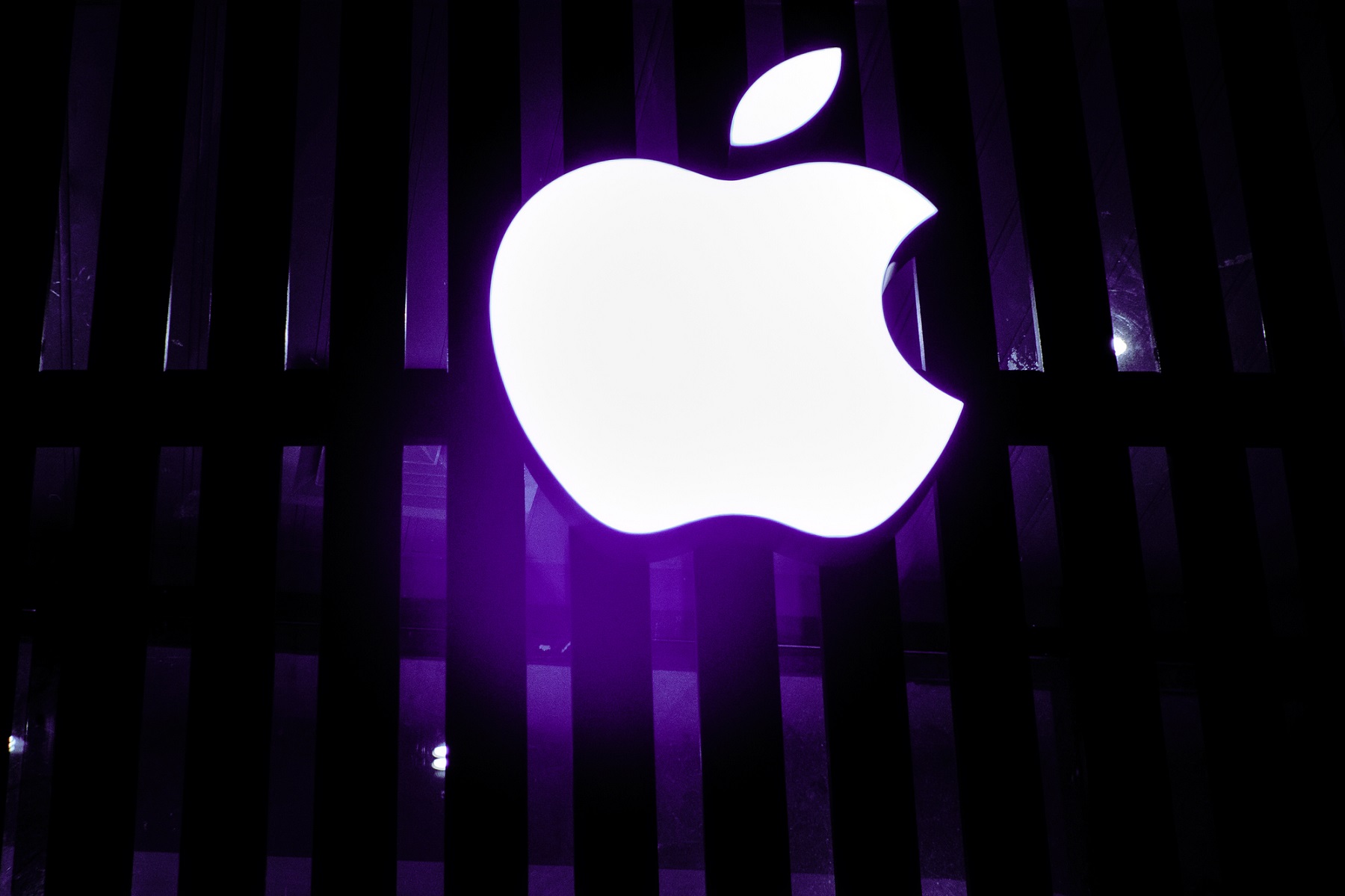
 Adam Kos
Adam Kos 



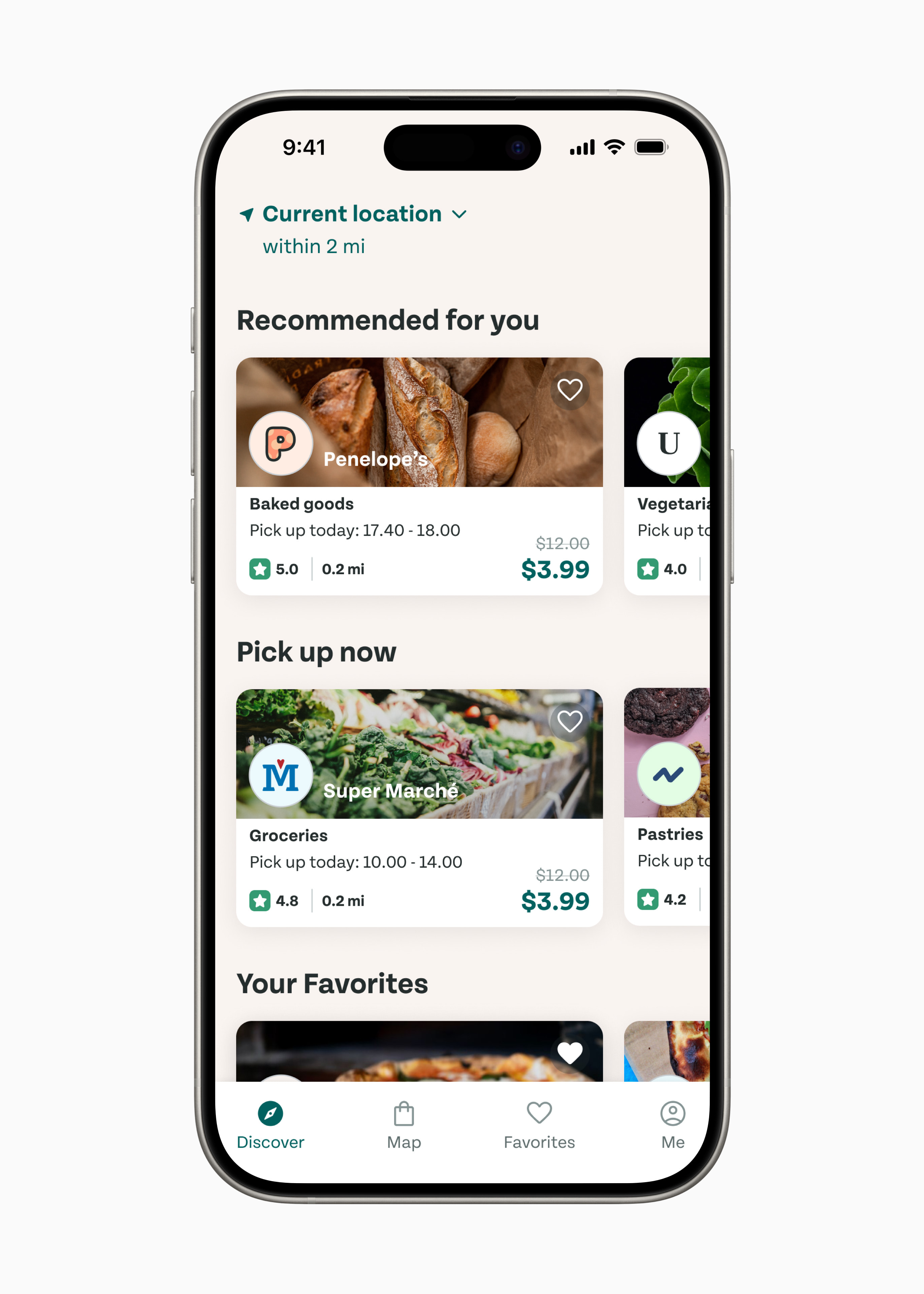
Personally, I am completely satisfied with the closed system, and the inquisition on behalf of the EU, which arrogantly defines the right to impose something by force, should go to hell!! When I simply buy an iPhone knowing that this is what suits me, that's just the way it is - and the EU has nothing to do with it - period.